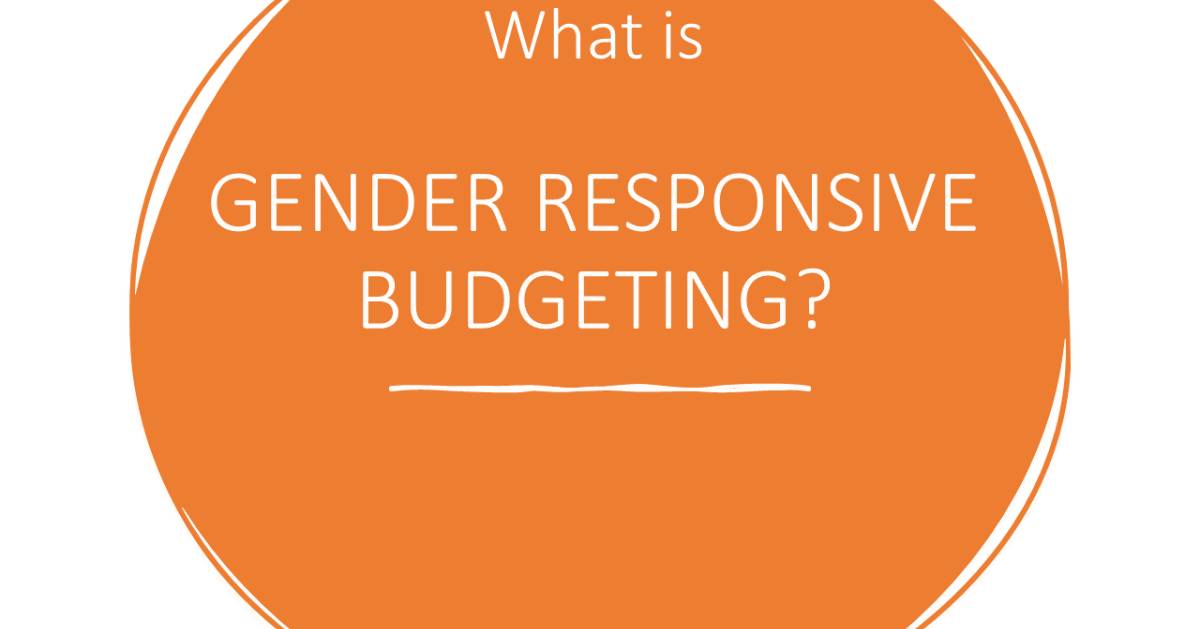Gender-responsive budgeting (GRB) is an important strategy for promoting gender equality and women’s empowerment. Today (28 February) Nicole Farnsworth, Programme Director and Lead Researcher at the Kosovo Women’s Network (KWN) held an online training on GRB with women’s rights organisations (WCSOs) in the Western Balkans.
GRB helps to ensure that government budgets are designed to address the specific needs and priorities of diverse women and men, towards allocating resources more efficiently, effectively, transparently, and in a way that promotes gender equality. GRB involves mainstreaming gender in all phases of the budget process: planning, execution, monitoring, and evaluation. It acknowledges that due to (diverse) women and men’s differing social, economic, and political situations they may have different needs, priorities, and interests, which must be considered in all phases of the budget process.
Citing Sharp, Farnsworth explained that three core goals of gender budget initiatives are to:
- Make governments accountable for gender budget and policy commitments
- Change and refine government budgets and policies to promote gender equality
- Raise awareness and understanding of gender issues and impacts of budgets and policies
Sharing examples, experiences, and lessons learned from KWN’s more than decade of experience working on GRB, she provided methodologies, entry points, and ideas for overcoming potential challenges.
WCSO participants were interested in translating the knowledge into practice within their own national and municipal contexts, and Farnsworth walked them through specific steps and mechanisms that they can use to conduct municipal, national, and international advocacy efforts towards the institutionalization and application of GRB.
KWN continues to work towards institutionalising gender responsive budgeting in Kosovo at all levels. As a member of the Gender Budget Watchdog Network, KWN continues to monitor progress in this regard, conduct gender analyses to support gender-budgeting, and to advocate reforms.
This particular training was delivered based on WCSOs’ requests for such a training, as part of the Coalition for Gender Equality in the EU Accession Process (EQUAPRO), supported by the European Union and Swedish International Development Agency (Sida).







